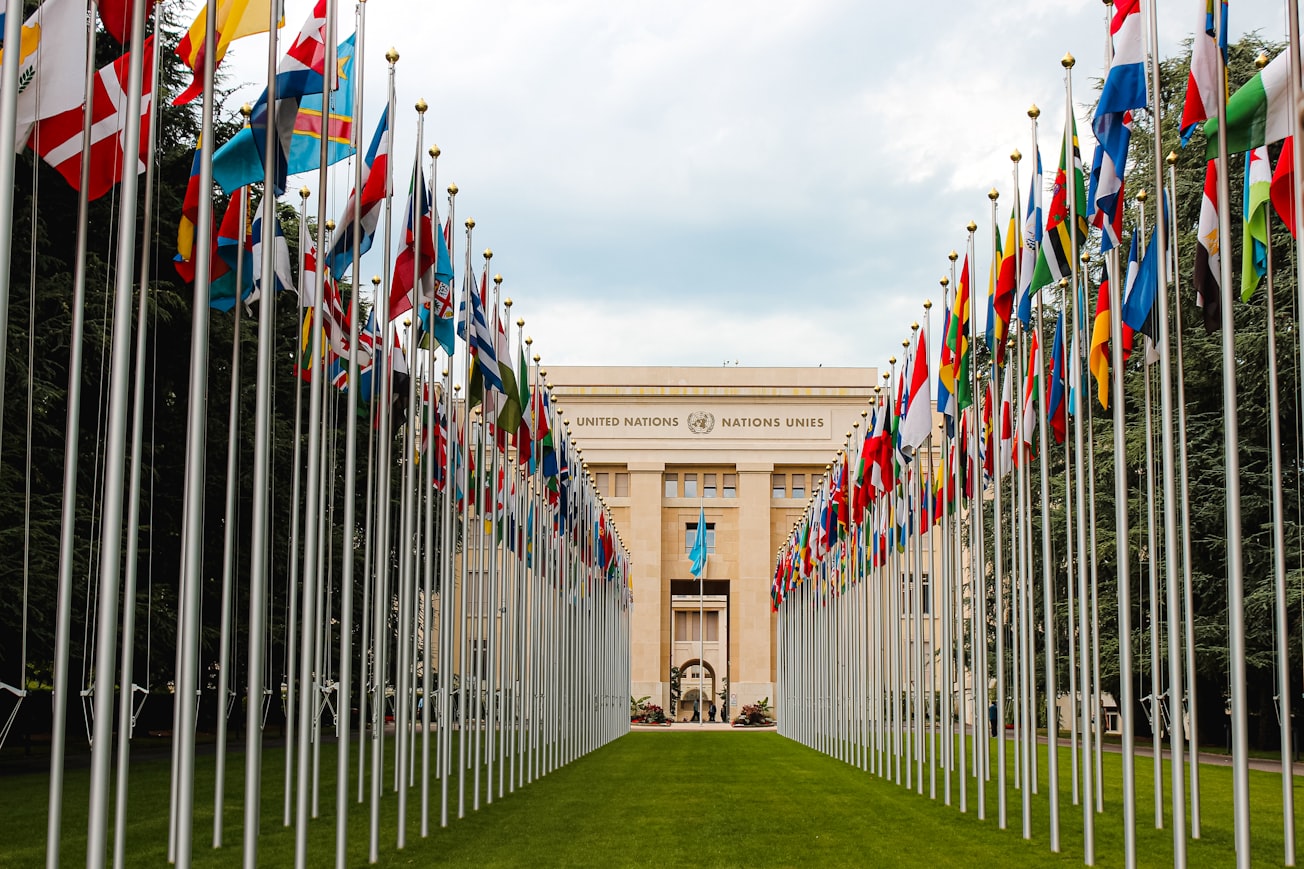What is it about?
International actors are human too. They are influenced by their psychology as much as their rationality. How can we leverage human psychology to encourage international cooperation? "Conditioning Constructs" is a theory of how hostile states can use the subconscious psychological benefits of negotiation to build a long-lasting peace. It traces the theory in action with the case of US-Canada relations.
Featured Image

Photo by Mathias P.R. Reding on Unsplash
Why is it important?
Negotiations in international relations are not just cheap talk. They are spaces for human actors to "train" each other into cooperation. The process of putting a negotiated agreement into action makes cooperation increasingly rewarding and defection increasingly punishing, until the decision to work together is clear. By remembering that politicians are still psychological beings, we find that series of negotiations generate an ingrained, durable cooperation over time, and transform hostile relations into peaceful ones at a fundamental level.
Perspectives
I hope this article shows experts and everyday readers alike that improving international relations is about more than changing "logical" calculations, or even changing hearts and minds. It's about changing subconscious psychologies. With the growing body of research on the psychology, neuroscience, and network theory of cooperation, I see this paper as one participant in a human renaissance of international relations. I hope this paper encourages you to think through problems from multiple disciplinary perspectives. And ultimately, I hope it hits home that powerful people are human too - and that is a good thing.
Rachel Xian
University of Pennsylvania
Read the Original
This page is a summary of: Conditioning Constructs: A Psychological Theory of International Negotiated Cooperation, International Negotiation, April 2021, De Gruyter,
DOI: 10.1163/15718069-bja10025.
You can read the full text:
Contributors
The following have contributed to this page







